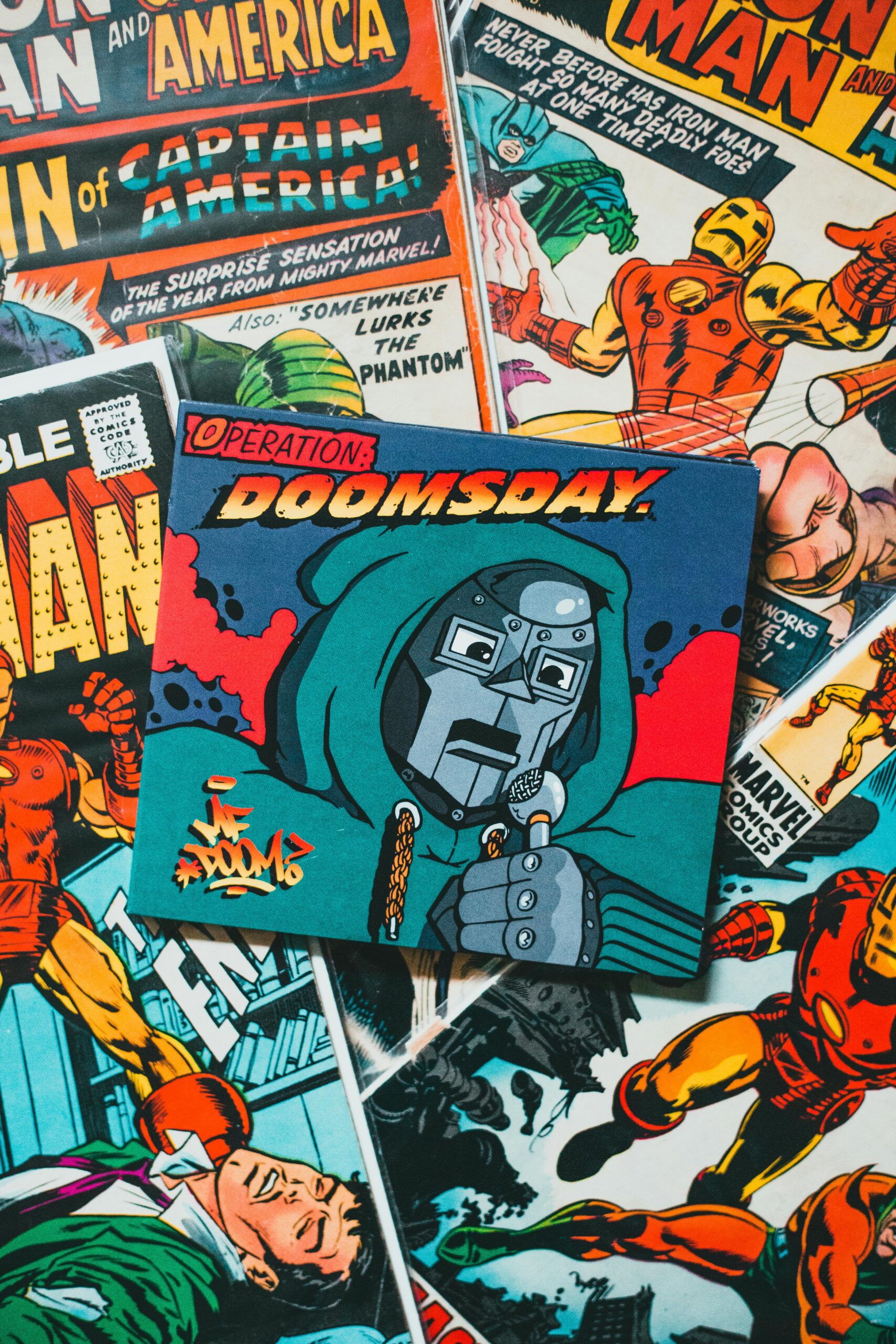
A relentless pursuit of justice, a principled stand against corruption, and a vision for a better future marked these so-called villains.
1. The Villains Committed to Safety in Jurassic Park
Jurassic Park isn’t just about dinosaurs eating people. Remember the insurers popping up with their unyielding stance on safety? They dared to remind us that accountability matters, even in wildly chaotic environments filled with raptors. This proactive approach to protecting lives digs into deeper issues of responsibility. When the stakes are high, someone has to hold the reins.
2. Ice Man: The Unsung Hero of Top Gun
Take a closer look at Ice Man from Top Gun. There he stands, a voice of reason amidst a cast of reckless, thrill-seeking aviators. His job isn’t just to be the antagonist; he challenges our protagonists’ impulsive decision-making. Can you really blame him for wanting to keep everyone from hurtling toward disaster? Sometimes, the ‘bad guy’ simply wants to save us from ourselves.
3. The Unseen Struggles of Diesel Engines in Thomas the Tank Engine
In a world dominated by cheerful locomotives, diesel engines like Diesel and Arry fight the good fight for recognition. Their rebellion isn’t just powered by self-interest; it encapsulates a poignant narrative about contemplation versus neglect. As they seek acknowledgment and respect, we can’t help but see a parallel in the conflict over how society often overlooks marginalized voices.
4. Unmasking Parental Figures in Baby’s Dad from Dirty Dancing
The throwback classic Dirty Dancing features not just a love story but a father’s undying devotion in Baby’s dad. Seen often as a controlling figure, his instincts revolve around protecting his daughter from questionable relationships. This depiction of parental concern reflects deeper issues you can relate to, especially when safety and judgment collide in real life.
5. The Dichotomy of Relationship Ownership in Bee Movie
Let’s not forget the protagonist from Bee Movie. Although many classify him among villains, examine his critique of relationships and the idea of ownership more closely. Barry B. Benson’s quest goes beyond mere love cautions against adherence to societal norms. Sometimes the lines between villain and misunderstood hero blur in surprising ways.
6. Shere Khan’s Complex Morality in The Jungle Book
Shift gears to Shere Khan in The Jungle Book, a character representing a trap of misunderstood intention. His caution against human actions reflects sound logic as foreboding consequences loom. In many ways, Mowgli dances on a razor’s edge precipitating questionable choices, illustrating how moral complexity often resides in those cast as villains.
7. Flawed Adults Revealed in Children’s Movies
The moral shortfalls of parental figures in children’s films signal a grander theme. Perceived villains embody valid perspectives that mirror concerns for the greater good. Acknowledge the fright actress Bellatrix Lestrange evokes in the Harry Potter realm—she terrorizes, yet her origins highlight societal constructs that ultimately shape her viewpoint.
8. Peirce Brosnan’s Complex Portrayal in Mrs. Doubtfire
Peirce Brosnan follows suit with his charming role in Mrs. Doubtfire. He plays not just another biased adversary. He unwittingly morphs into an embodiment of justifiable motives in family dynamics. It’s a truer testament to the complex inner workings of parenthood in a world that simply adores hanging labels like “good” or “bad.”
Next time you tune into a nominally villainous character, reassess your judgments. They often encapsulate critical views begging for exploration. Who says villains can’t embody morality dressed as complexity? For more engaging content that dives deeper into societal narratives, check out related articles here.
source: Erik Mclean



















